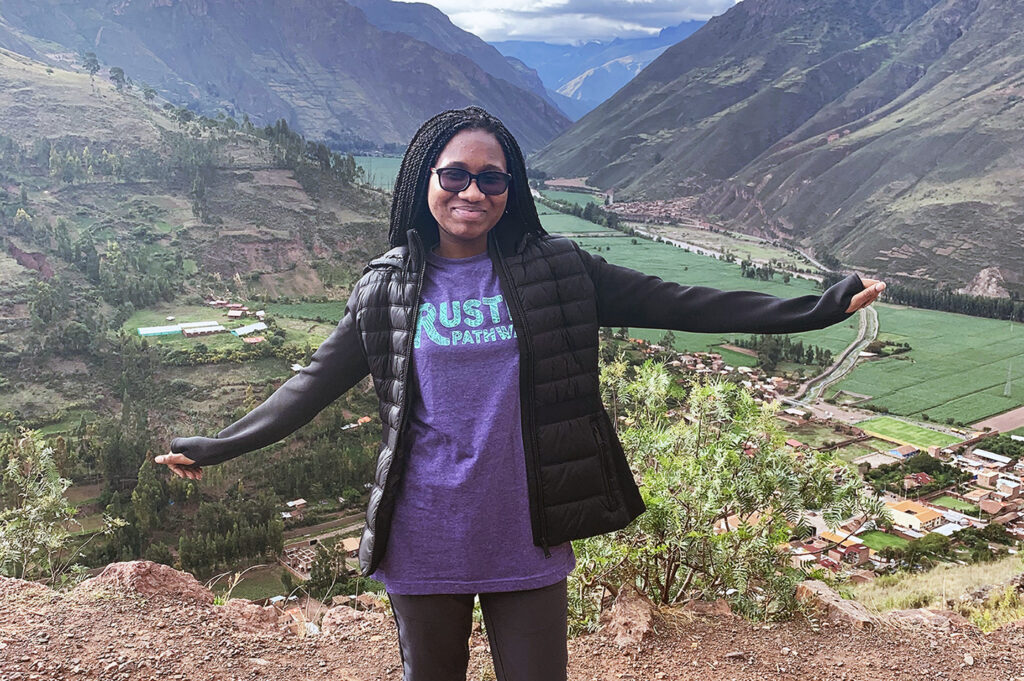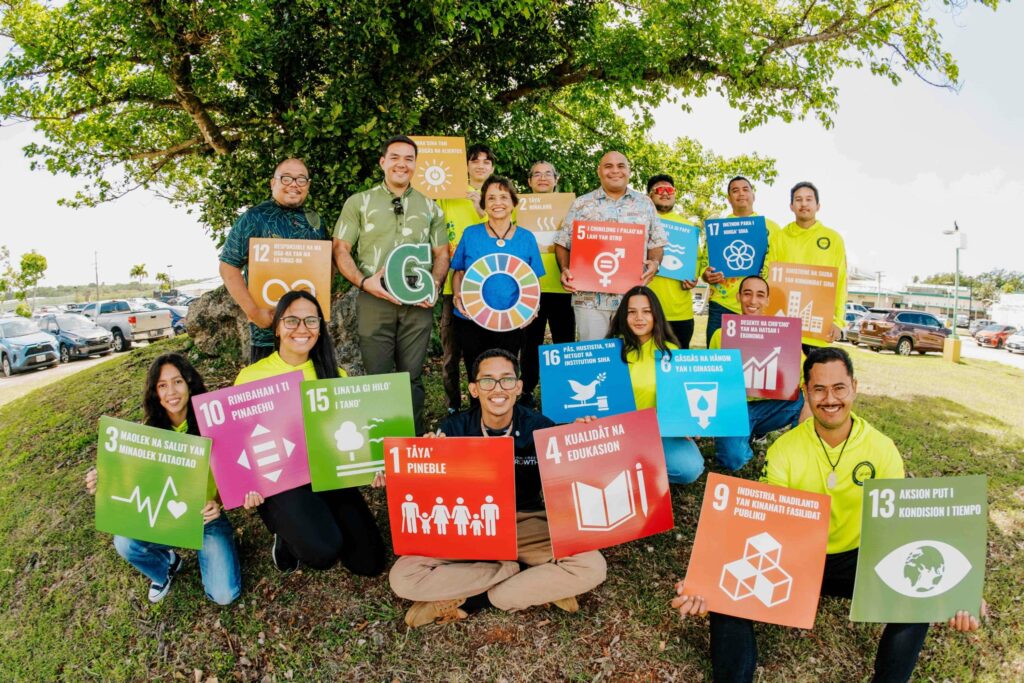“There hasn’t been a time that I can remember where there’s never been a fear of contracting malaria,” says the rising junior at Tulane University in New Orleans, where she is studying information technology on a pre-med track. “I’m coming from a country where contracting malaria is almost like a rite of passage because it’s just so common.”
Malaria is one of humanity’s oldest and deadliest diseases. In fact, according to one study, it is estimated to have killed roughly half of all humans in history. Today, despite medical advancements that include two new vaccines, malaria still kills more than half a million people every year. The vast majority of these deaths occur on the African continent. More than half of these deaths are children under the age of five.
Growing up, Favour says she didn’t fully realize how dangerous malaria could be until another girl at her church, named Titi, died from a mosquito bite. For Favour, achieving SDG 3: Good Health and Well-Being means protecting against, treating, and ultimately eradicating malaria to avoid preventable deaths like Titi’s. As a member of the Tulane for UNICEF club, Favour is raising awareness at her school about U.S.-led efforts to eliminate malaria by 2030, including the President’s Malaria Initiative (PMI), the United Nations Foundation’s grassroots United To Beat Malaria campaign, and the Global Fund.
In the U.S., where malaria is no longer endemic, Favour has emerged as a uniquely effective advocate — not only on her campus but also on Capitol Hill. For World Malaria Day 2024, she collected 140 handwritten letters from fellow students calling on Congress to turbocharge investment and political will to end the scourge of malaria once and for all.
“I’m so grateful to be able to contribute — even in a small way — to making sure less children have to face an illness like this,” she says.
— M.J. Altman, United Nations Foundation





